On March 8th, we launched a collaboration with Radio Africa Group to air Public Service Announcements (PSAs) and interactive radio shows to provide immediate high-quality public health content, establish a trusted communications space and garner rapid social insights for future content. we have been drawing on the expertise of Dr Moses Masika, a Virologist at the University of Nairobi and our expert studio guest responding to citizen concerns and questions on COVID-19 during our live shows on Radio Jambo. Below are some reflections from his first three interactive radio shows with Africa’s Voices.
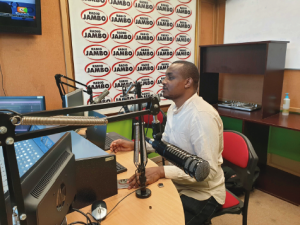
What drew you to Africa’s Voices’ pilot and how has the experience been so far?
I was drawn to the scientific manner in which the analysis is done to inform and strengthen the radio discussions. I have never experienced something like this before where the discussions are predominantly driven by the public and where their voices shape the messaging in each show. Equally, I was amazed by the ability and commitment to respond to each text message individually and to ensure that each message sent out is accurate. I take this effort very seriously because I wouldn’t want to be sharing incorrect information or involving the public in an exercise that doesn’t deliver what it promises. The radio anchors seem to have also embraced this interactive radio method. I believe it has a lot of potential to be applied to other sectors as well.
What is the biggest problem Kenya is faced with in the efforts to tackle this pandemic?
To me the biggest problem in Kenya is the abundance of inappropriate and false information particularly on social media where many Kenyans turn to for answers to questions about the pandemic. One of the key strengths of the interactive radio method, however, is that because the questions are asked in advance to the shows {in response to PSAs} there is time to analyse them, respond accurately and identify common themes to speak to the public about during the shows. In addition to social media, a lot of false and often alarmist information is shared by sources that people, despite their educational background, trust. This includes some religious leaders whose apocalyptic god-wrath narrative is causing a lot of anxiety.
What is the analysis emerging from citizen voices telling us about the overall situation in Kenya?
There is a lot of need for basic messages on transmission, symptoms and prevention. Many of the questions raised in the most recent shows have been about such issues. My interpretation is that this is not because people have not received this information before – everyone received the SMS from the Ministry of Health for example – but because of all the contradictory information they see. There is a need for validation and clarification as to what is correct and what is false. We are seeing the same questions over and over again, not because people are not hearing what we are saying but because they also hear things that contradict the expert information.
In addition, a lot of this past week’s questions were very practical. For example, can I get COVID-19 from meat I buy at the butcher’s? Or, if someone blows off dust from my eye, can they give me COVID19? Overall, we encourage such questions. They suggest that when people go by their everyday life, they keep COVID-19 in their minds and they are trying to prevent it. This is an encouraging sign. This channel {interactive radio} is a great space for sharing such information but we need to find a way to share it on the street as well. We need ways for the correct information to reach social conversations, social media, the community overall.
Finally, the analysis has shown that there is a demand for the government to justify the measures that are being taken. People, for example, have criticised the night curfew or the ban on second-hand clothes because they don’t understand the rationale behind them. However, once they are given the reasons why, they tend to be more accepting and comply.
What are the key messages you would like to share with the Kenyan public?
Firstly, accept that COVID-19 has changed and will keep changing our way of life. We need to embrace it and work with the government to ensure we fight it together. We can reduce the risk by making small adjustments in our lives.
Secondly, information is and will continue to be critical. All citizens should take responsibility to seek out the correct information, identify reliable sources and try to avoid the flood of false information that comes from non-expert sources that is often scary, embellished and wrong. We can overcome this and avoid panic and anxiety.
Finally, I appreciate that COVID19 can and may get worse and really stretch our resilience as a country. We need to keep taking measures to blunt its effect. Other than dwelling on the worst case scenario – what we do not have, what if we become flooded with new cases – I choose to focus on what I can do, what each one of us can do everyday to make the situation better. This is what will keep us going even if going gets very rough.
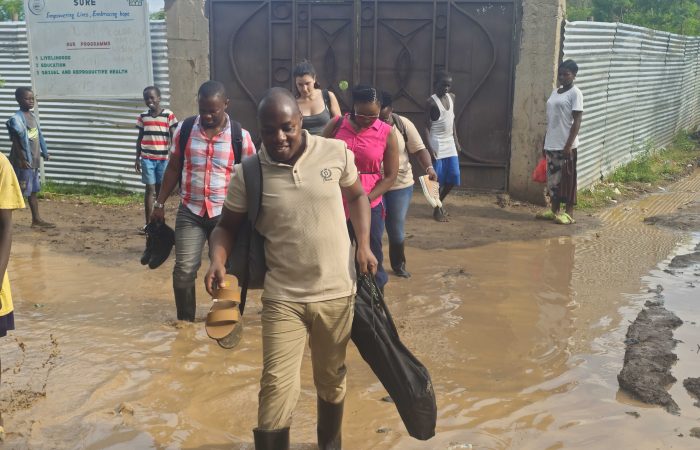
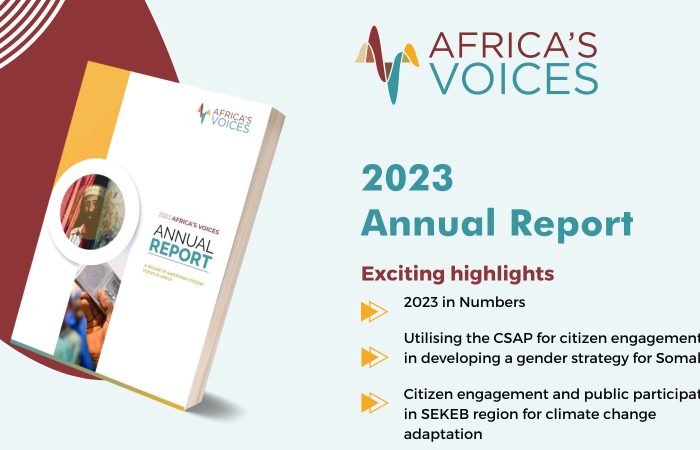
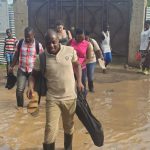
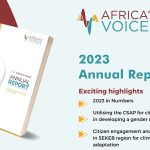

Just wanna remark that you have a very decent website , I the design and style it actually stands out. Iormina Gaby Gerfen